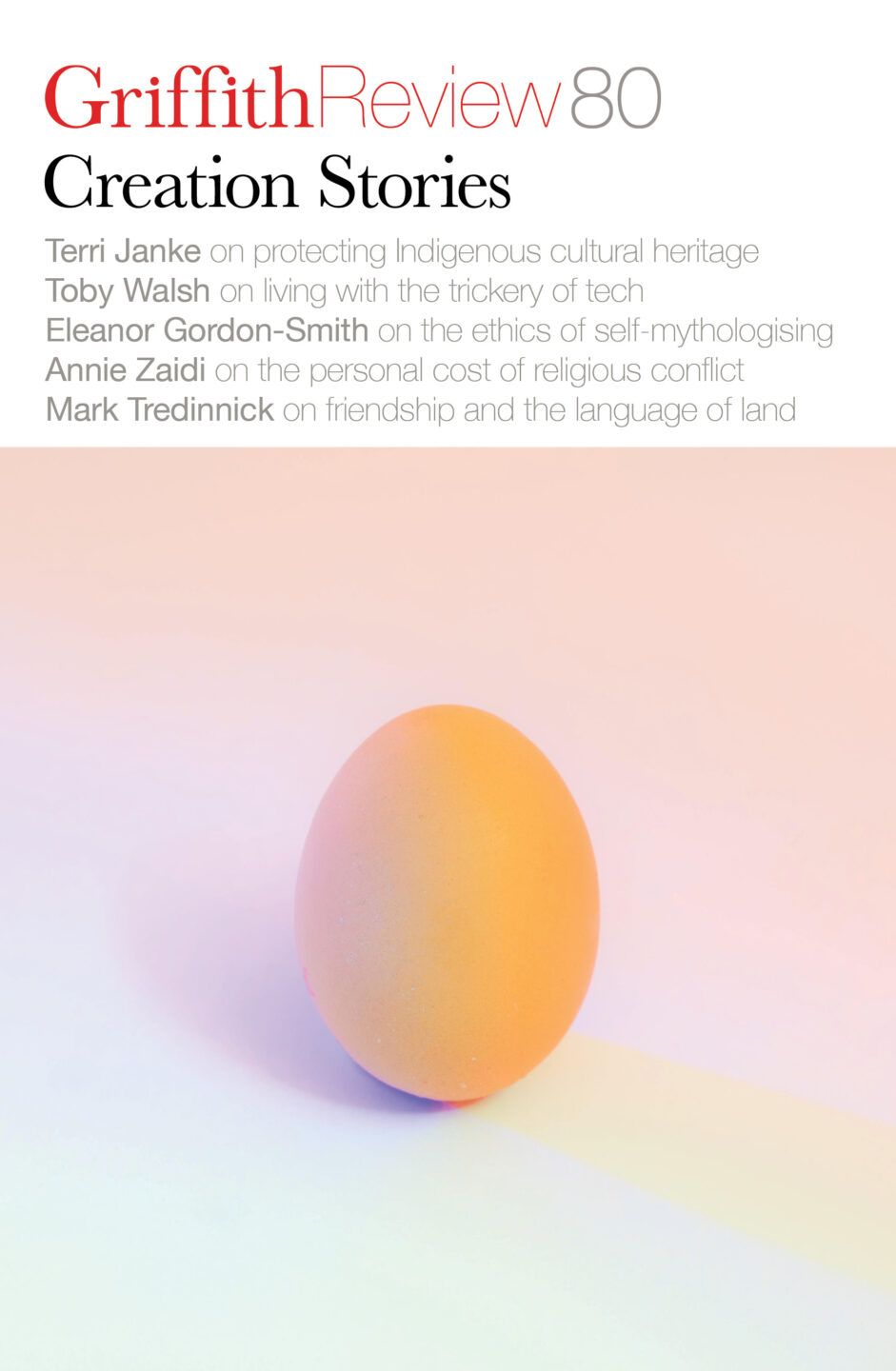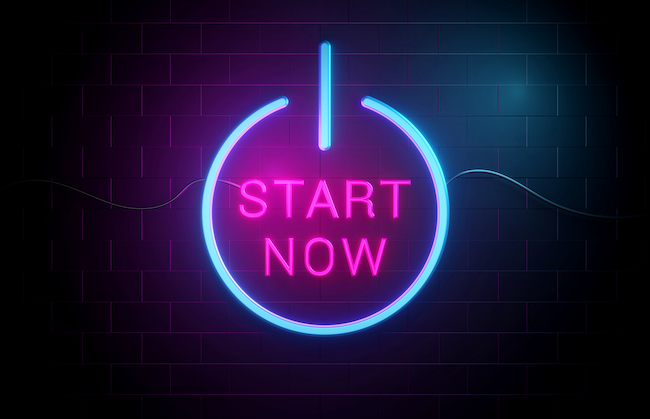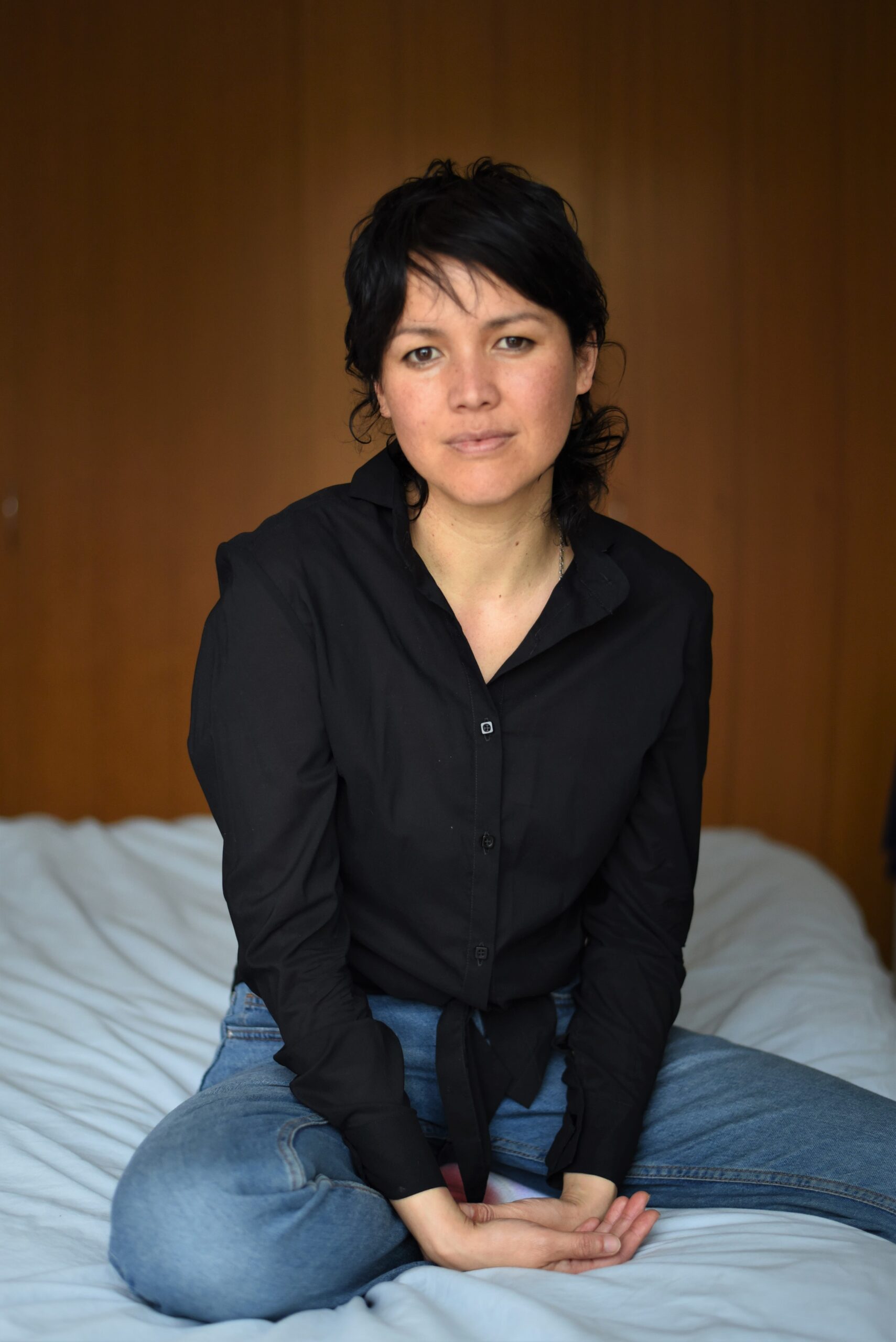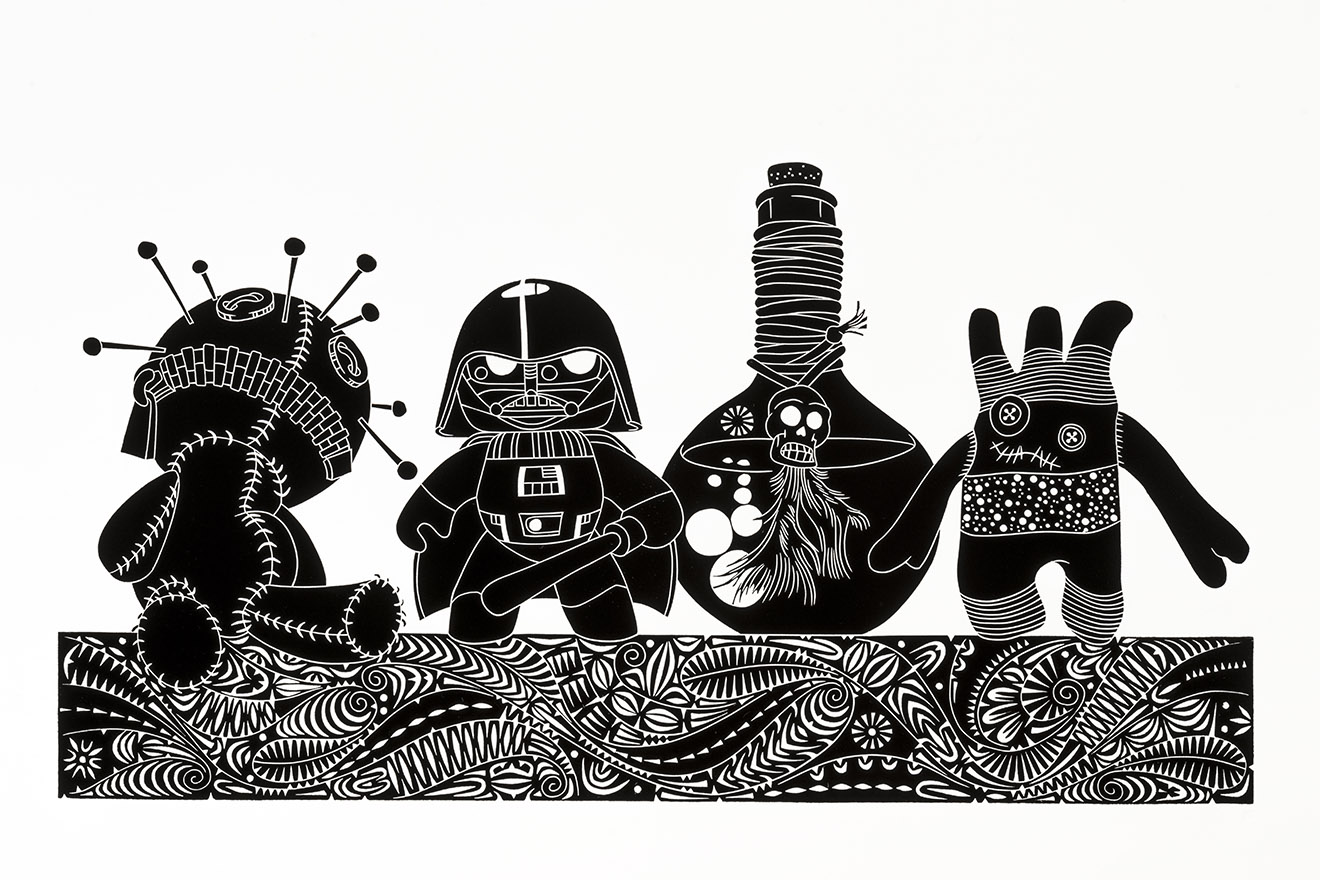Featured in

- Published 20230502
- ISBN: 978-1-922212-83-2
- Extent: 264pp
- Paperback (234 x 153mm), eBook


Already a subscriber? Sign in here
If you are an educator or student wishing to access content for study purposes please contact us at griffithreview@griffith.edu.au
Share article
About the author

Lucy Van
Lucy Van is a writer of both poetry and criticism. Her collection The Open (Cordite, 2021) was longlisted for the Stella Prize, shortlisted for the Mary Gilmore...
More from this edition

Pop mythology
In ConversationEven though I grew up on a small, remote island, I was still heavily influenced by television – particularly the sort of cartoons that would play on Saturday mornings, mornings before school, after school and so on. When it comes to DC and Marvel and all of those superheroes, for me that was ignited by my late grandfather Ali Drummond, my mother’s father, who had boxes of Phantom comics. Phantom was my early introduction to the strong, powerful male being who had supernatural strength and abilities.

Back to the red earth
FictionBefore she opens her eyes, she knows with the very same certainty that she is of this land that Juanjo, her lover and the father of her five guris, isn’t going to be asleep by her side. But she could for once be wrong. So, she stretches out her arm and feels around. Instead, her fingertips touch his perfectly tucked-in bedsheet. His side of the bed is vacant like the rows of this year’s failed crop.

Sad stories you are old enough to hear
Non-fictionThis year, a ‘news anchor’ raised a question about why Muslims participate in the garba when they don’t believe in idol worship. It’s a bit like saying people should not be allowed to put up a Christmas tree if they haven’t been baptised or taken the sacrament. Thousands of non-Catholics attend the feast of Mount Mary in Bandra. People of all faiths attend the Urs of the Sufi saint Khwaja Moinuddin Chishti in Ajmer and the Sufi saint Waris Ali Shah at Dewa Sharif. Hindu devotees going to the Ayyappa temple in Sabarimala also visit the Vavar mosque en route. That news anchor’s question poisons the breath of our country.